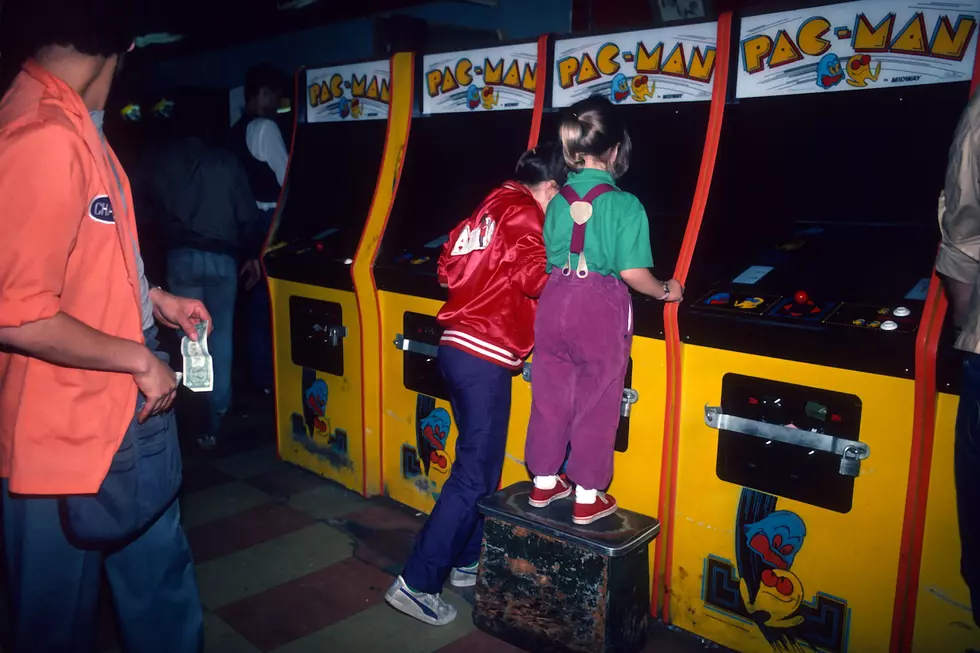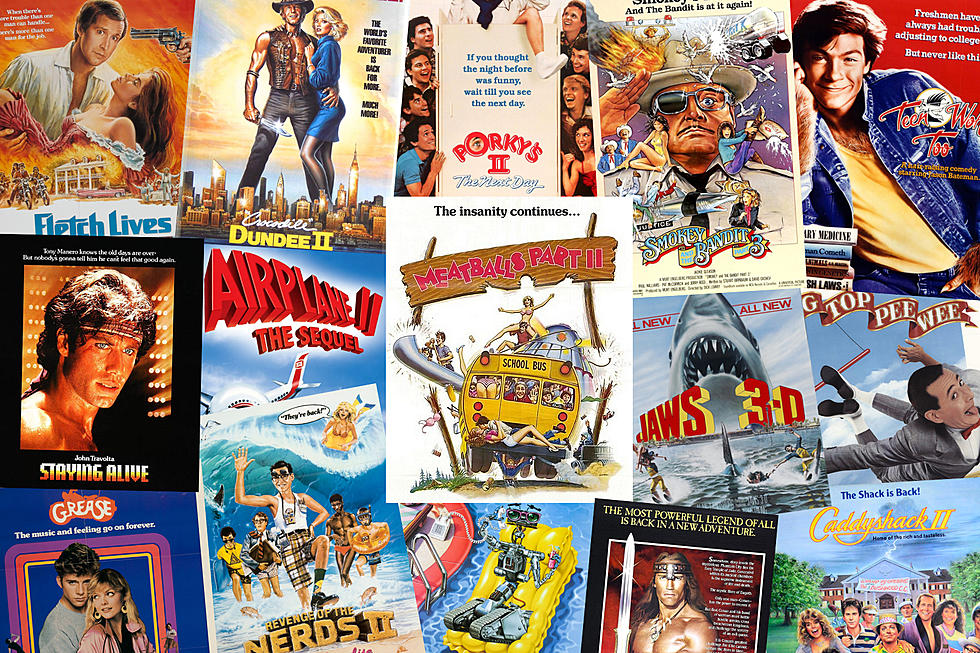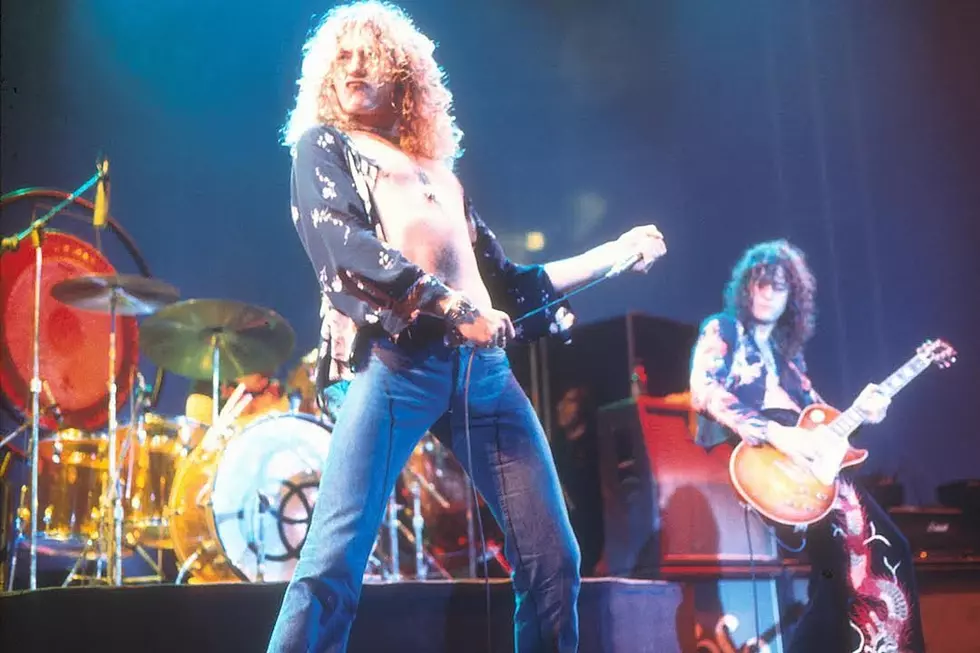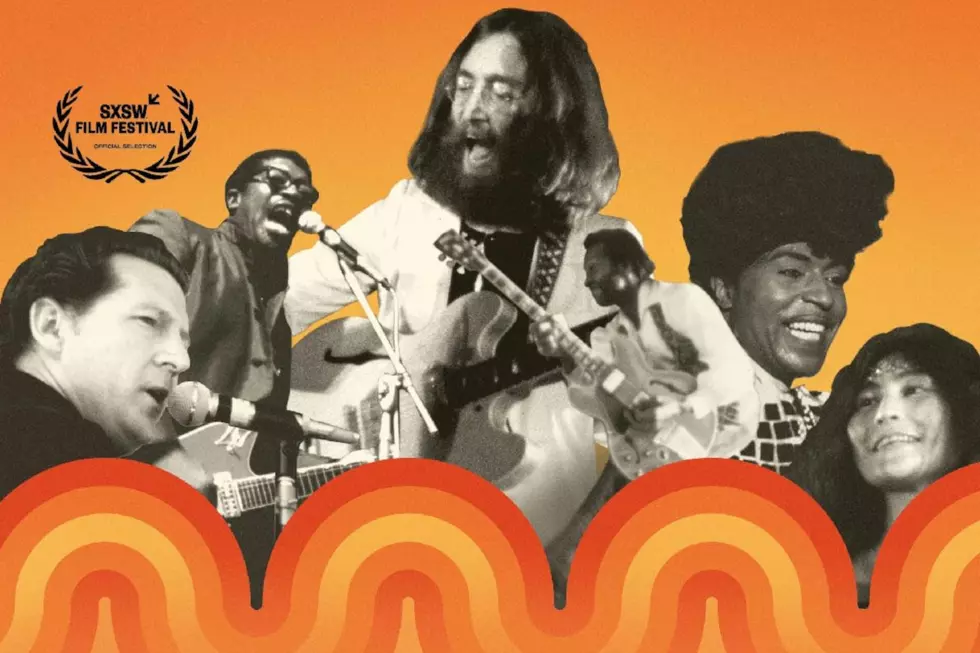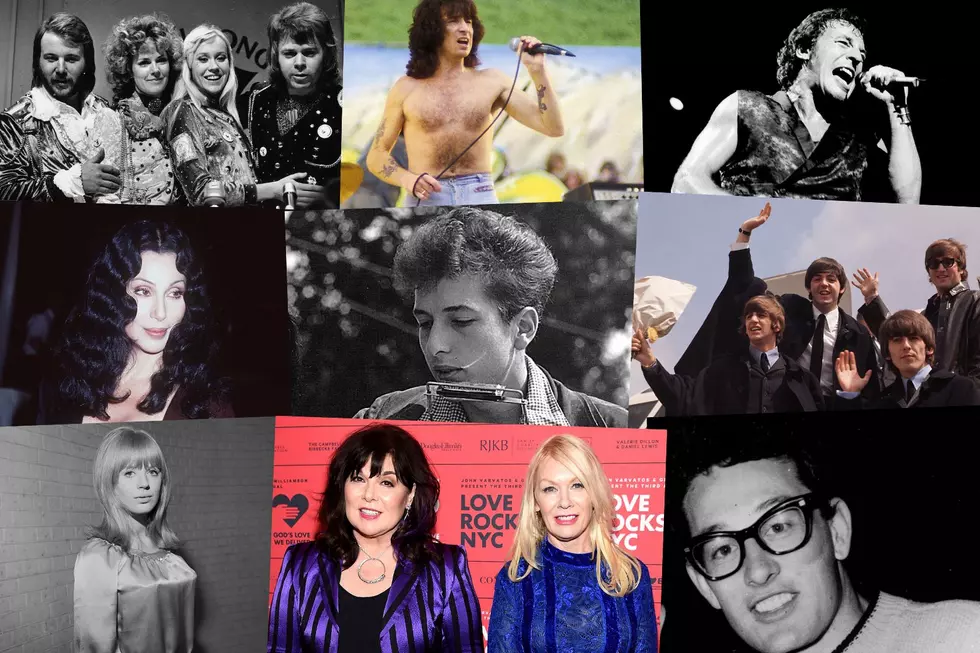
Pac-Man Facts: 40 Easily Digestible Bits of Arcade-Game History
In May 1980, arcade games, entertainment and pop culture itself would be permanently changed by the advent of Pac-Man. Even though he would become a worldwide phenomenon, Pac-Man’s arrival was inauspicious. The game was tested in public for the first time on May 22, 1980, at a cineplex location in Tokyo. Although players seemed to enjoy the game, they certainly didn’t foreshadow its future success.
“It's not like people sat around and played the machine all day,” the game’s creator, Toru Iwatani, later recalled to Wired. “So, we didn't think it would be a major hit. I didn't think that the U.S. and Europe would take it up, because it's a rather slow, relaxing game. At that time, what was popular overseas were more thrilling games, and I felt that perhaps the rhythm of Pac-Man wasn't matching the needs of overseas users.”
In fact, the company behind Pac-Man, Namco, was much more excited about one of its other games. “They made Pac-Man at the same time they made another game called Rally-X,” explained video-game historian Steven Kent on the TV series Icons. “And absolutely everybody at Namco loved Rally X.” Chicago-based Midway games agreed to import both Pac-Man and Rally-X to the States. They too believed the latter would be more popular. But when the arcade games hit floors across America, it was Pac-Man that quickly became a hit.
Since the public got its first taste of the little yellow character, Pac-Man has been featured in movies and TV shows, been awarded world records, changed the landscape of gaming and been recognized as a cultural icon. Here are 40 notes about Pac-Man in honor of his 40th birthday.
More From Ultimate Classic Rock
